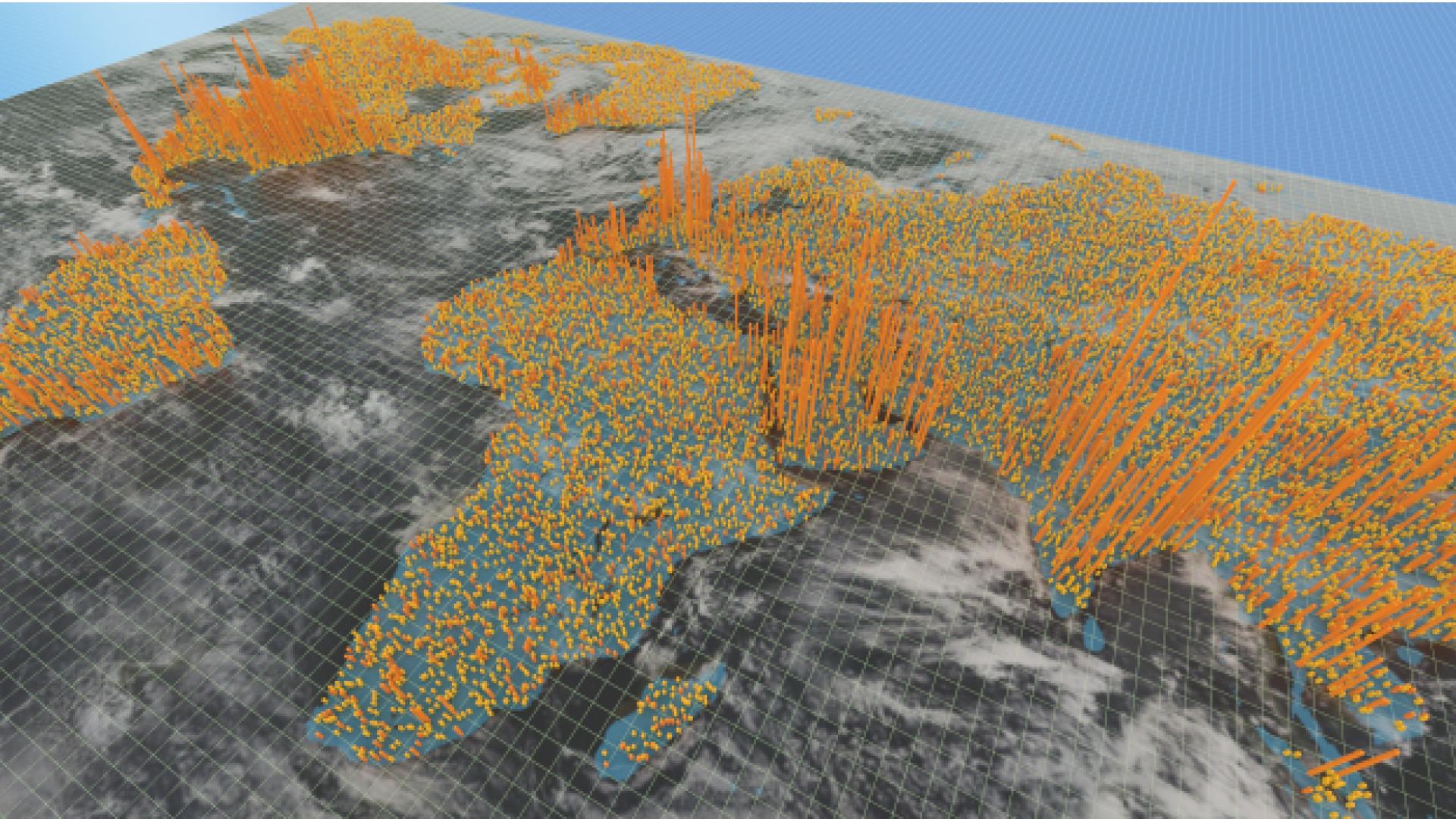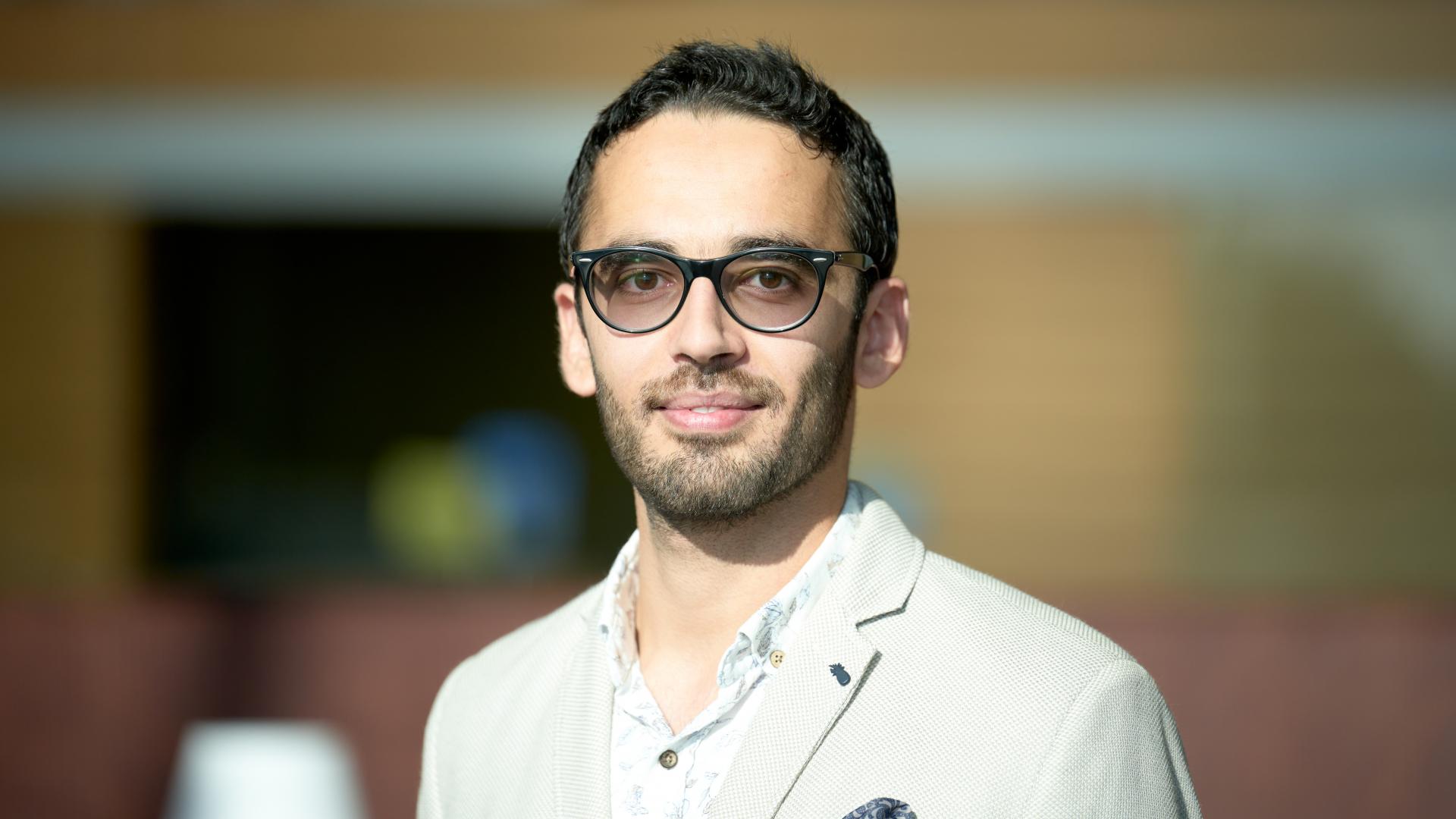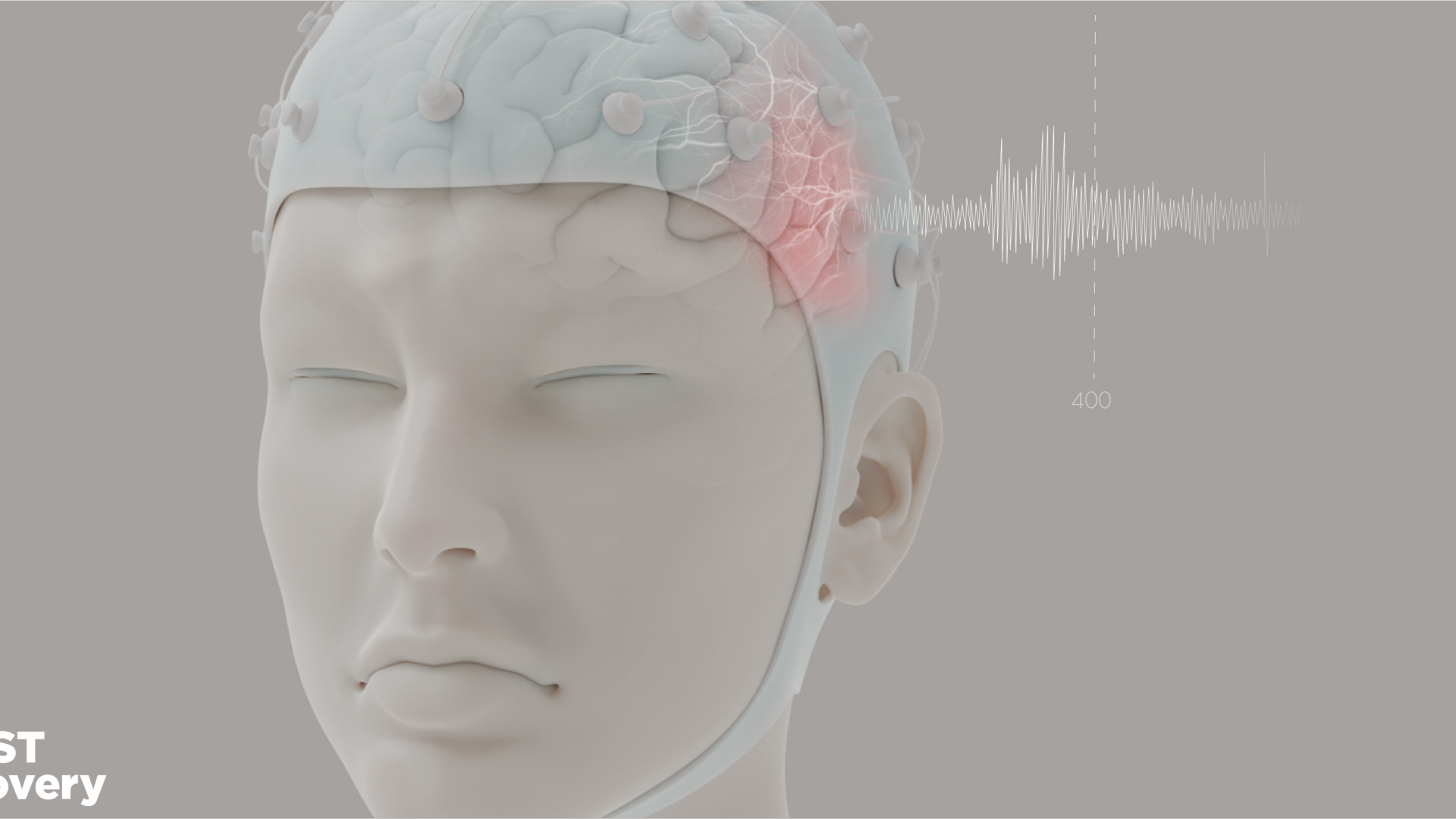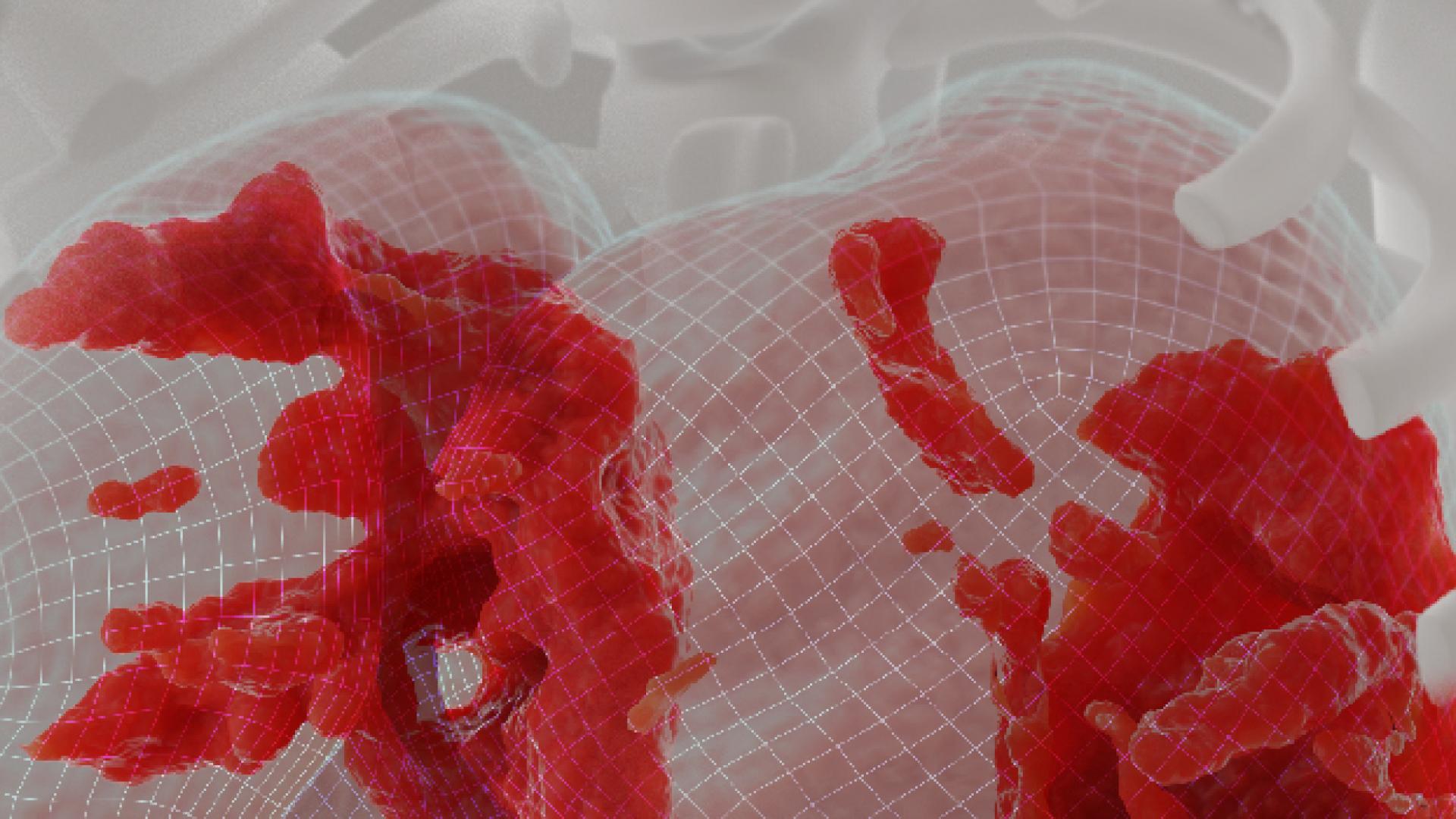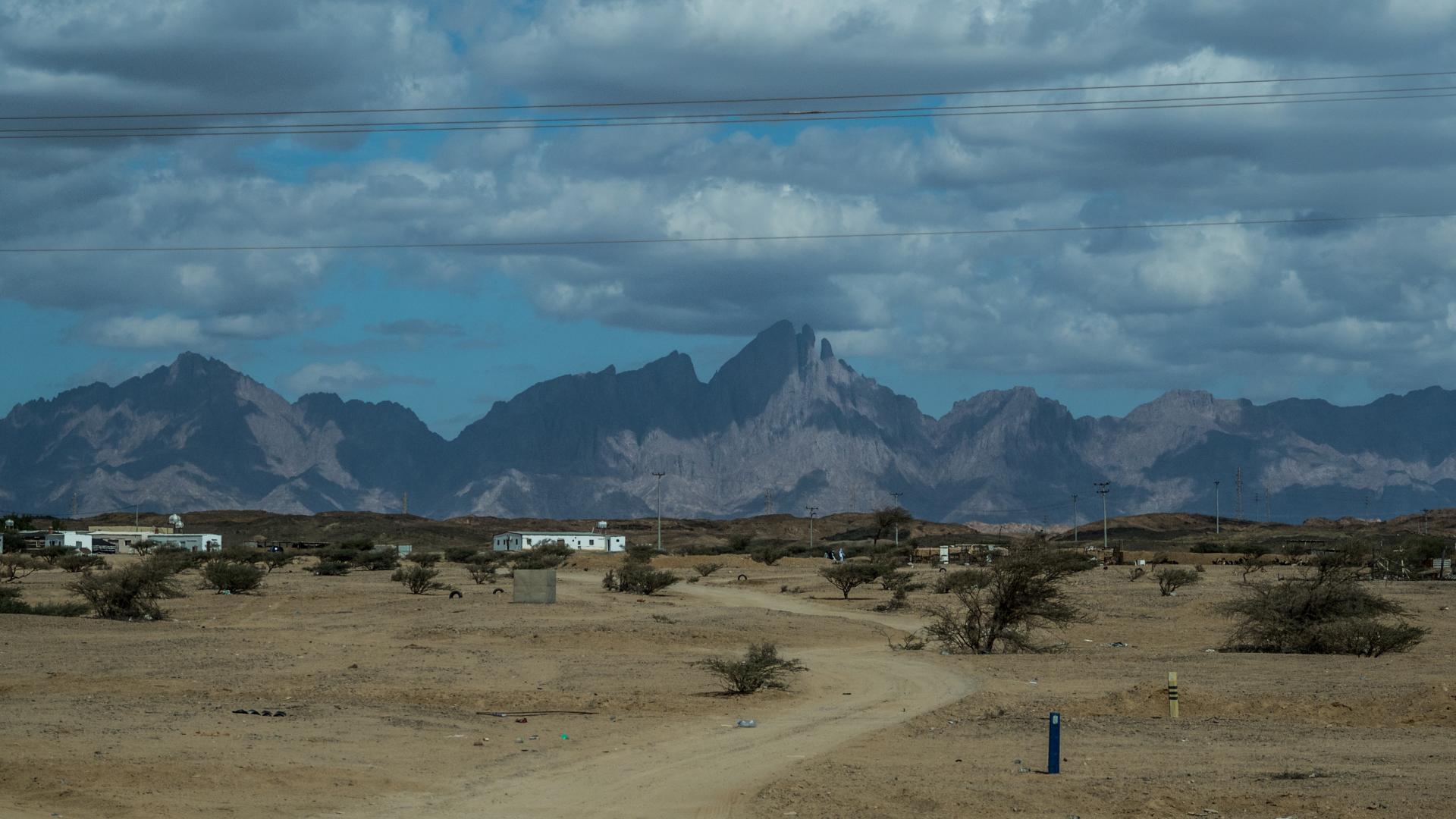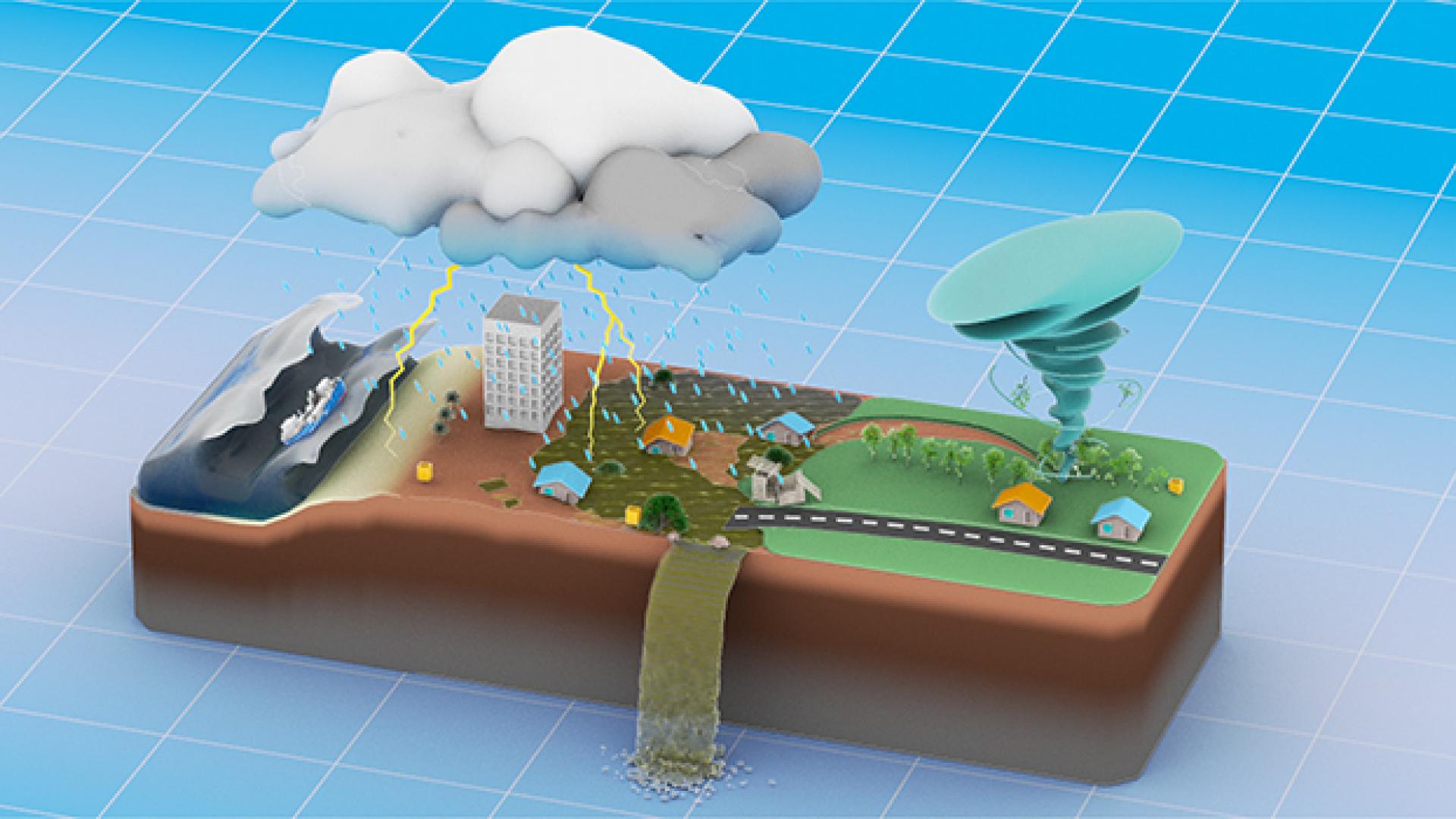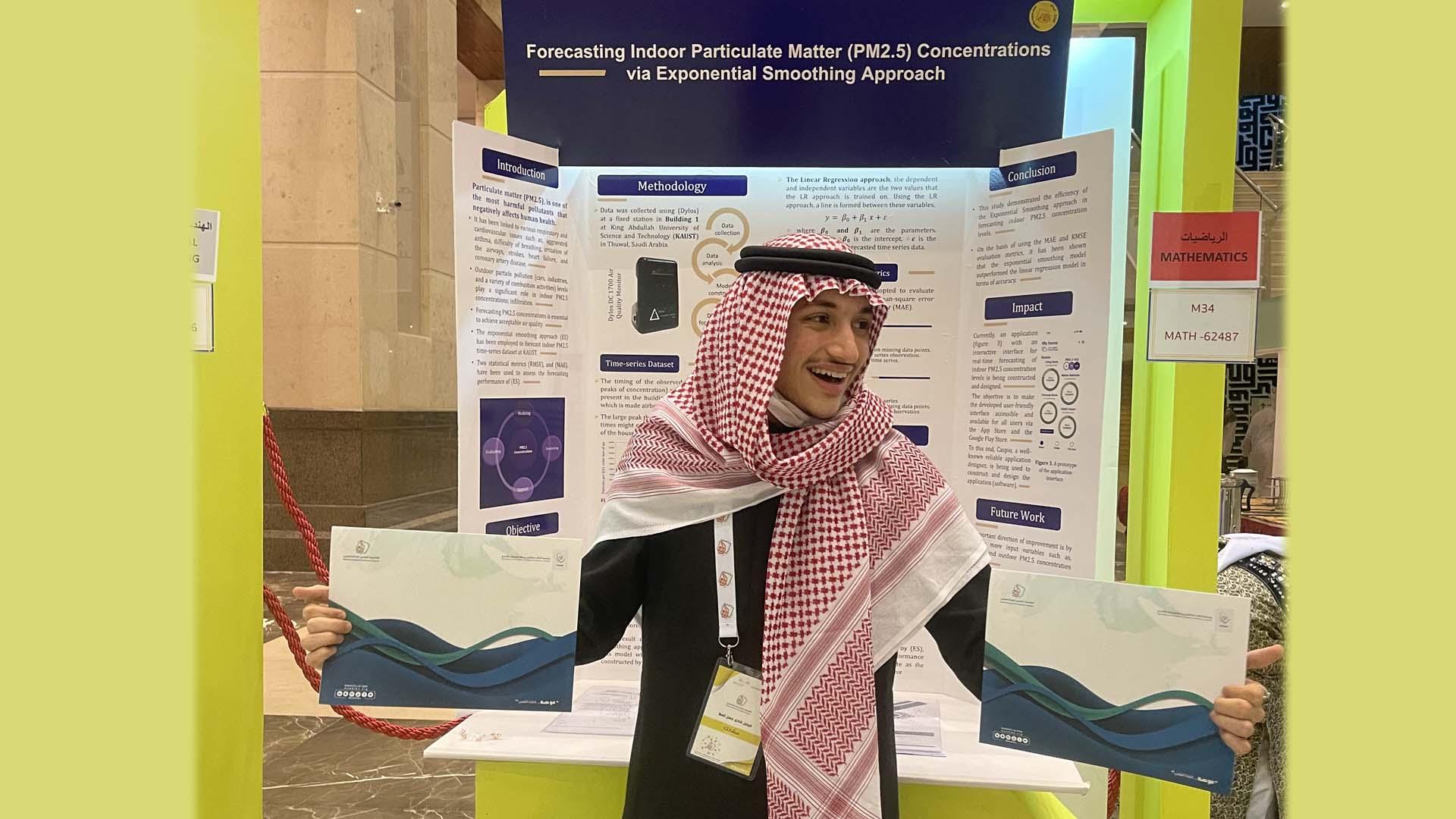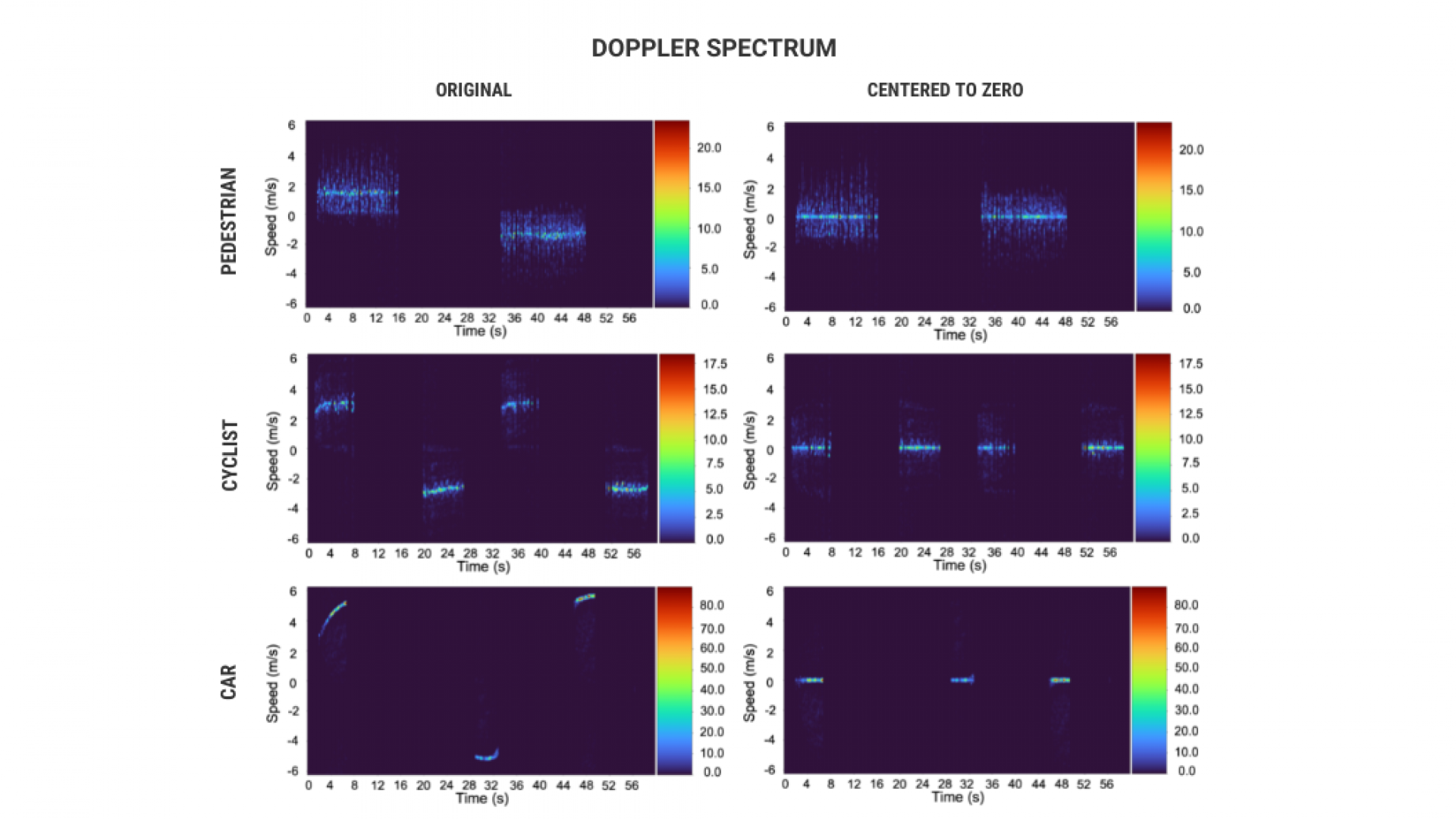A deep-learning technique could offer accurate large-scale predictions in the field of geospatial statistics.
The fast-developing science of geospatial statistics offers new insights into diverse health challenges, from cancer hotspots to problems of air pollution and the spread of COVID-19. Three new projects should yield a better understanding of what causes disease in Saudi Arabia and how to fight it.
CEMSE statisticians developed a framework which enables modeling of a range of meteorological and environmental datasets from up to 2 million locations globally.
Esmail Abdul Fattah, a KAUST Ph.D. candidate in statistics, won a poster award in the "junior-BayesComp-ISBA" category at the 30th meeting of the International Society for Bayesian Analysis (ISBA 2022) held from June 26 to July 1 in Montreal, Canada.
CEMSE researchers Matheus Guerrero, Raphaël Huser and Hernando Ombao developed a new approach for analyzing seizures in epilepsy patients by applying extreme value theory to real EEG seizure data.
Xin Gao's team developed an interactive web portal where cancer scientists can interrogate how RNA splicing in noncoding parts of genes fuels the growth of different types of tumors.
A new AI diagnostic tool developed by KAUST scientists allows doctors to visualize lung damage caused by COVID-19 in more detail.
Prof. David Bolin has been selected for the American Statistical Association Section on Statistics and the Environment Early Investigator (ENVR) Award for his outstanding contributions to environmental statistics.
A new study addresses the difficulty in modeling atmospheric turbulence at sub-kilometer resolution, which is challenging due to atmospheric variability, meteorology and changeable terrain such as mountains and cities.
Machine learning techniques can provide accurate forecasting of the spread of viruses during pandemics. Under the supervision of Ying Sun and Fouzi Harrou, Yasminah Alali developed an approach that removes human bias and assumptions, predicting pandemic evolution more accurately.
KAUST’s Extreme Statistics Group has developed an improved statistical model for analyzing environmental data of extreme events, such as heavy rainfall or strong wind data.
Faisal Fadi Hasan Almulla, who worked last year under the mentorship of Dr. Fouzi Harrou and Professor Ying Sun as part of the annual KAUST Saudi Research Science Institute (SRSI) summer program, won two awards at the National Olympiad for Scientific Creativity — Ibdaa 2022.
KAUST M.S. Graduate Rudi Coppola, KAUST Research Scientist Dr. Sajid Ahmed, and KAUST Distinguished Professor Dr. Mohamed-Slim Alouini won first prize at the Institute of Electrical and Electronics Engineers (IEEE) Radar Challenge 2021. Their work titled "Road Users Classification Based on Bi-Frame Micro-Doppler with 24-GHz FMCW Radar," presents a case study for a 24 Gigahertz (GHz) frequency modulated continuous wave radar module.
A team of KAUST statisticians has analyzed the price movements of the top five cryptocurrencies to further understand their market behavior. Their model will help investors assess the risks of investing in cryptocurrencies.
Marc Genton, Huang Huang and colleagues from KAUST organized a global competition with 21 competing teams to compare different approximation methods for analyzing large spatial datasets.


